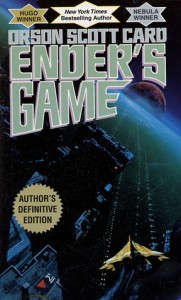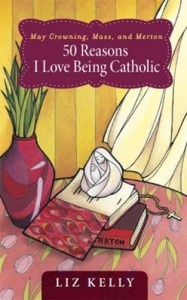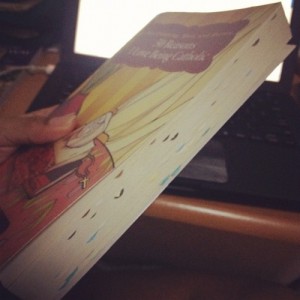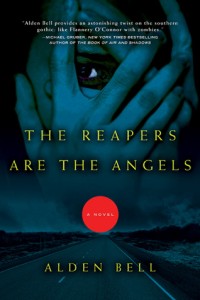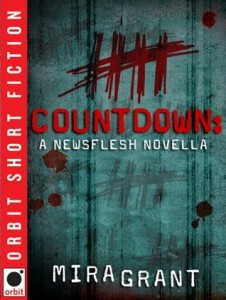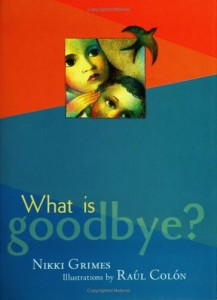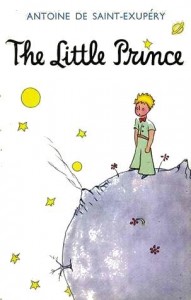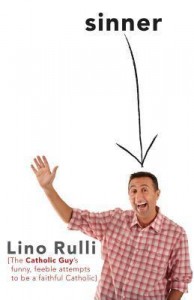 Sinner: The Catholic Guy’s Funny, Feeble Attempts to be a Faithful Catholic by Lino Rulli
Sinner: The Catholic Guy’s Funny, Feeble Attempts to be a Faithful Catholic by Lino Rulli
Publisher: St. Anthony Messenger Press
Number of pages: 232
My copy: ebook, gift from Monique
In this fast and funny collection of stories from his own life, Lino Rulli (aka The Catholic Guy) shares the joys and the struggles of trying to follow God in everyday circumstances. Honest, outrageous, funny and, above all, real. Lino demonstrates that, even though we are all sinners, God’s mercy and grace keeps us going. In the pages of SINNER you’ll read about: Lino’s adventures in the confessional; A host of characters who make Lino’s Catholic faith more challenging; Why Lino is still single; Lino’s take on suffering.
* * *
I had no idea who Lino Rulli was until I heard him on Lifeteen‘s Holy Week podcast, which was actually his show with Mark Hart the Bible Geek as guest. I listen to a few Catholic podcasts, but I have never heard of him until then, so I admit that I wasn’t really sure what to expect when I started listening to the episode that Good Friday. But a few minutes in, I was already charmed by this funny Catholic guy, which led me to downloading other episodes of The Catholic Guy Show from iTunes. He plugged his book, Sinner, several times in the other episodes, but I wasn’t really sure if I want to buy it because I’m picky with books like that. A few more laugh out loud episodes, however (he and his co-host Fr. Rob kept me awake during my night shift work days!), I knew I wanted his book. Then came my friend Monique, bearing good news and new books, and she sent me the ebook version of Sinner as a gift.
That is divine providence, IMHO.
But I digress. I wasn’t planning to read this too soon, but when I loaded the book on my Kindle, I found myself starting the book. And reading. Two days later, I am done.
What just happened there, oy?
Sinner by Lino Rulli is exactly what the subtitle says it is: The Catholic Guy’s Funny, Feeble Attempts to be a Faithful Catholic. This book had me from the introduction, particularly this line:
I want to be more faithful, but I’m scared. Scared that I’ll try and fail. And in some ways, even more scared that I’ll succeed.
Lino Rulli is not a reformed Catholic. He’s not one who had a bad past and found the light and then turned and had a holy life afterwards. Sinner is not that kind of book where the author talks about the dark days and then the conversion and the days in the light. Sinner is about a guy who was born and raised Catholic, and still had doubts and mishaps while knowing God. It’s basically the story of every human who’s a part of the Catholic church and is trying (but often failing) to live the way God called them to be.
I can’t remember laughing so much while I was reading a book, and a non-fiction Catholic book at that. Lino is as witty and funny on paper as he is on radio/podcast, and I can imagine him really saying these stories on his show. These are confessions that I think some traditional and strictly religious Catholics would shake their heads at, but would touch the hearts of the everyday struggling Catholic and make them smile and be comforted that they aren’t alone in their struggles and their journey. Lino’s stories range from his dad being an organ grinder to meeting the Pope, to confession (several times), to his mother and his single life woes. I’d like to believe that there’s something for every Catholic in this book, but I will let you be the judge of that (which is my not-so-subtle way of saying, Guys, you should really read this book!).
The only thing I wanted after I finished reading this was that there was more, because I really and truly enjoyed this one. Oh, and possibly a story about Fr. Rob. :P This book reminds me of Flashbang by Mark Steele, but possibly a bit better, because hey, it’s Catholic! And it’s not often I read books about the faith I grew up in. There’s nothing like feeling a sense of community while reading about confession (and how hard it is to do) or confirmation or (Blessed) Pope John Paul II in one book. If you’re ever the one who tried reading Catholic books but got bored or felt that you can’t relate, then I suggest you try this book. It’s funny, refreshing, borderline irreverent but definitely easy to relate to, because when it all comes down to it, we are all sinners, period.
Sinner by Lino Rulli may just be one of the most honest books I’ve read this year, and I think based on this honesty alone, it deserves all the stars I can give. And a spot on my favorites shelf. :)
I wanted to be as honest as possible about my faith, my doubts, and my sins. To let people see my pride, my jealousy, my wrath, my lust. But also see someone who’s still trying to fight the good fight of faith. (p.141)
Rating: [rating=5]
Other reviews:
Notlukewarm
Scrutinies

